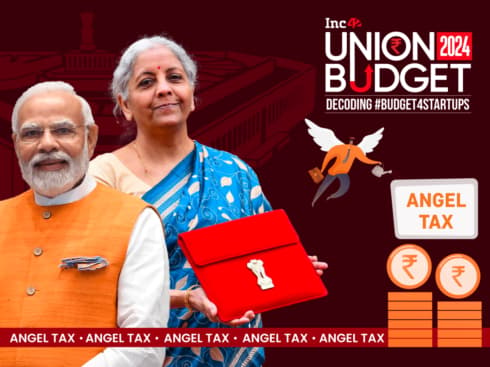
In Indian startups, the education space is not glamorous like the fashion space, not investors’ pet technology startups, not hi-life like startups in the restaurant and food delivery domain. In fact, one might not be off-the-mark to call it boring.
Yet, it is quite exciting to be a startup in this space because of the sheer size of the target market, which is not risky like a tech-startup, nor susceptible to changing dining, fashion and lifestyle habits of a fickle and disloyal public. Actually, this could be a very dependable target market.
Education is very close to a school’s, student’s and parents’ concerns as it shapes young lives and is, therefore, crucial. The advantage is that, unlike other domains, you are taken seriously, and for the long-term: a student spends 12 years in pre-school to graduation. With possibly another sibling to follow, one could say a parent-school relationship could last for 14 years.
All startups have some common challenges and some unique to the domain they address. Education space too has its own challenges.
Diversity In School System
There are various education systems or “Boards”:
- Hundreds of IGCSE schools.
- Over 100 IB Schools.
- Over 1000 ICSE Schools.
- Thousands of CBSE Schools.
- Over 1 Lakh Board schools.
Then there are different “stages” of schools.
- Primary
- Upper Primary
- Secondary
- Higher Secondary
- Combination
Then there are different models of “ownership” of schools.
- Government
- Local Body
- Private-Aided
- Private Un-Aided
Geographical Distribution
- Urban
- Rural
Such diversity in schools calls for a Horses-for-Courses approach.
Diversity In Technology Adoption
On this parameter, schools range from Zero-Tech to High-Tech. A large number of schools still have manual records, many now have excel-based data, and some – mostly the rich schools – have a School ERP system, smart classes, the works.
Yet, it would not be strange to find high-end private schools with basic technology, and low-end schools with a great will to adopt technology.
The Startup must have a clear value-proposition for the category of schools that it targets.
Decision-Making Process
In most private schools, there is a separation between School Operation and School Management. The Principal runs the school and the academics, while the Trustees take the financial and admission decisions.
The owners are often charitable trusts and consist of elderly people, who may not be very technology savvy. So both Principal and Owners have their demarcated roles and the startup has to shuttle between them.
Diversity In Population Of Parents
The parents, who will most likely be majorly or partly involved in any startup for the school, are also from wide spectrum of income level, literacy, and adaptability to new methods and technology. Startups have to devise ways to bring them to use the solution, and to get benefit, pleasant experience, and rewards. Parents today are aspirational and are desirous to get over their handicap and keep up with other wealthier and more literate parents.
Who Is Paying?
The revenue model is the most crucial consideration for a startup in any space. Due to above-mentioned diversities, the revenue model in the School space poses its own special challenges.
Irrespective of the category of the school, the school generally would pass on the cost to the parents, who are equally adamant about incurring any further fees. The startup has to skilfully create a win-win-win proposition for itself, school and parents.
In Conclusion
So, being a startup in the school space is like living a stable, domestic life while watching other startups have fun! It requires patience and persistence. Yet, there’s a pot of gold at the end of it. Plus, you get the high of having contributed to the digital movement in India.
About The Author
[The author of this post is PravinGandhi, founder, SchoolVita– a mobile app-as-service for meaningful School-Parents engagement.]































 Ad-lite browsing experience
Ad-lite browsing experience